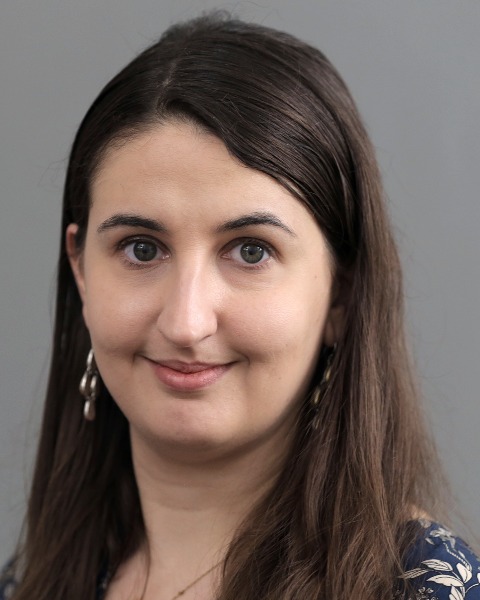Multipaper
Storytelling and systems change: How creative use of data can drive change in education and youth systems
Locally sourced early childhood development (ECD) systems measurement frameworks for change
Friday, October 13, 2023
2:30 PM - 3:30 PM ET

Laura Meyer, MPP
Researcher
Mathematica, United States
Presenter(s)
Between 2021-2025 Conrad M. Hilton Foundation aims to invest $100M in its Early Childhood Development in East and Southern Africa (ECD-ESA) Strategy, which adopts a holistic, two-generation approach, strengthening the capacity of public systems and community actors to improving the developmental outcomes of disadvantaged young children (0-3 years) in Kenya, Tanzania and Mozambique. Mathematica, the Ifakara Health Institute in Tanzania, the Early Childhood Development Network for Kenya, and KixiQuila Consultoria in Mozambique are serving as systems research partners for the initiative. Together, we are co-developing systems-level monitoring frameworks that will help local policymakers and the Hilton Foundation to use data and stakeholder narratives to assess and capture systems progress in each country. To help each country tell a story and help evolve the ECD nurturing care systems, the teams have adapted a variety of existing tools, including the Research on Improving Systems of Education (RISE) systems diagnostic, to ECD and are using our findings from this process to develop systems-level theories of change and monitoring indicators that are best-suited to assessing systems progress at the national and subnational levels. If, “what gets measured, gets done”, the resulting indicator frameworks may help to strengthen national, subnational, and global advocacy efforts around ECD through simple measures, local narratives, and a country-driven process that is best suited to each ECD situation. This presentation will focus on how the systems diagnostic process and subsequent development of local measurement frameworks is bringing light to data gaps and supporting policymakers to integrate ECD work across sectors.
